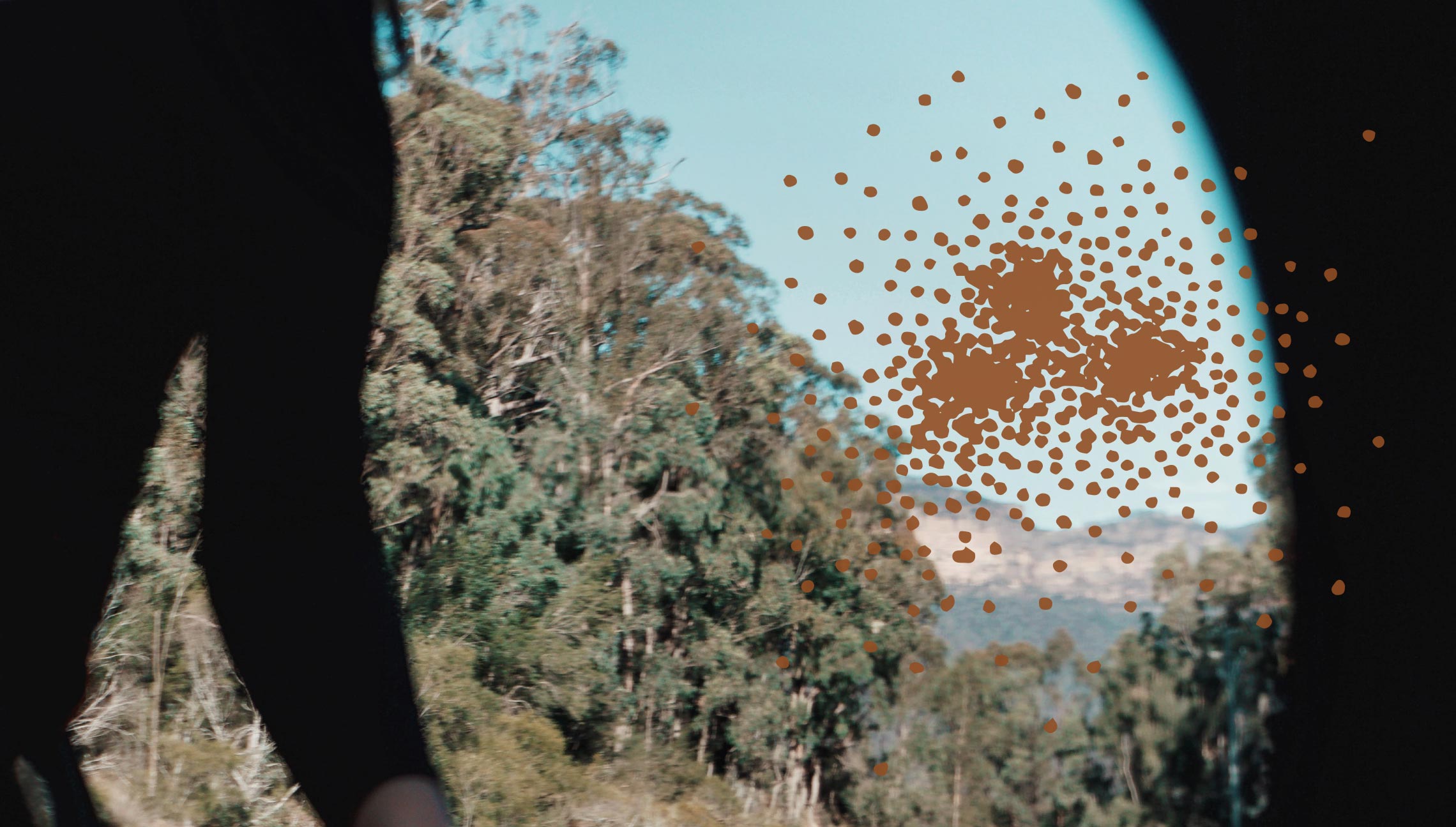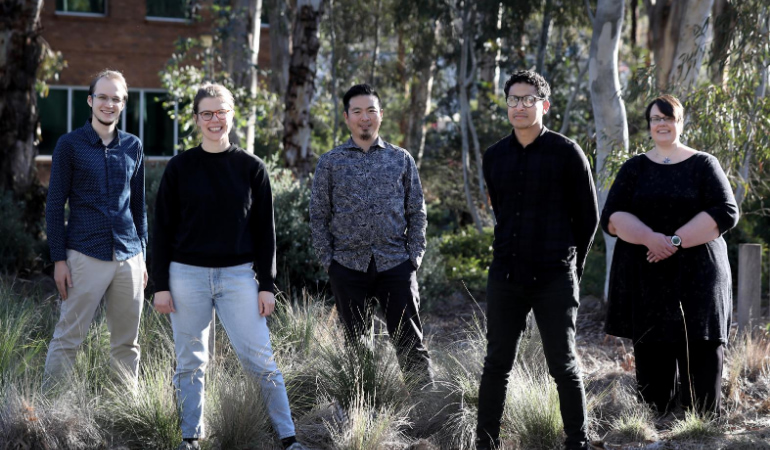The 27th July marked another exciting first for 3Ai – the launch of our experimental PhD program. Meet the candidates and find out how they will be taking the next steps towards building the new branch of engineering.
At 3Ai we are exploring new ways into education: education that is not locked up behind university walls and that is rooted in how we make decisions about technology every day. So it makes sense that our PhD program doesn’t quite fit the usual mould for Higher Degree Research. Very us. But what makes it different?
Since we launched in 2017, we have been celebrating a lot of firsts. Kicking off the world’s first graduate program focussing on bringing cyber-physical systems (‘CPS’) safely, sustainably and responsibly to scale. Celebrating the graduation of our first ever cohort. And now, launching a 3-year PhD program that will take the next steps in guiding into existence a new branch of engineering.
Responding to the challenge of taking group photos during social distancing, we captured our new PhD candidates on their first day (no, it’s not an album cover). They are all graduates of the first cohort of our Master of Applied Cybernetics: Sam Backwell, Charlotte Bradley, Tom Chan, Danny Bettay, and Kathy Reid. Safe to say they are well equipped to leap from one experimental program to another. In the first week the focus was on orientating to this novel type of PhD – the expectations, what we (the staff/faculty of 3Ai) and the PhD candidates will do together, and setting sights early on where they will seed the new branch of engineering in 3 years’ time.
What makes the 3Ai PhD special?#
We are not teaching our PhD candidates a field, we are creating a field out of existing inputs, generating novel concepts and models, and studying and experimenting with existing and emerging systems.
You can imagine the new branch of engineering - and this PhD program that’s helping shape it – as kinetic sand. Do you remember playing with this stuff as a child? Like wet sand you could mould, shift, knock down and build up again until it finally settles into semi-permanent shape. It takes a form that can hold its shape just enough as other people take the ideas and carry them forward in new and unexpected ways.
We are setting a core body of knowledge as a cohort before sending the candidates into the wild.
Year 1 will introduce the cohort to foundational primary and secondary texts on the intellectual histories and the current state-of-the-art research methodologies in a range of fields. As ever, a 3Ai education builds on existing disciplines – from computer sciences, environmental sciences, social sciences, engineering, and humanities – and will explore the technologies and technological systems from many angles.
The students will delve into the novel framework currently being developed at 3Ai (i.e. a set of theoretical concerns or intellectual models). This builds upon—yet sits above and across—existing abstraction layers in existing disciplines, and allows practitioners to explain or interrogate existing CPS, and to design CPS that do not yet exist.
As a cohort, they will be developing an agenda for the new branch of engineering which allows us to sculpt a landscape of practice. Here we use the ‘Sculpt’ very deliberately. This is to reflect additive and subtractive processes in defining our field. They will be carving, casting, modelling, and assembling to build this agenda.
Armed with this body of knowledge, they will operationalise the learnings of Year 1 in the years to come. 3Ai has a bias to practice and so too does our new PhD program. The candidates will engage in different research processes, methods, and tools through collaboration with cyber-physical systems locally, nationally and globally. Students will practice both in institute and beyond the institute with external stakeholders.
The PhD program is working towards our mission, to guide and accelerate into existence a new branch of engineering to effectively and ethically manage the impact of artificial intelligence on humanity through better design and management of technology. We will be asking the questions about the design, construction, management, use and decommission of CPSs to guide them safely, sustainably and responsibly to scale. And who knows, maybe they’ll come up with a name for the NBE while they’re at it! Stay tuned for the many adventures of our PhD candidates.

